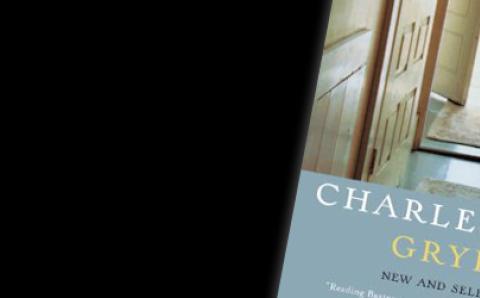Four years ago, shortly after our church moved into its new ministry center, a member of the congregation sent three plants in celebration—one for each pastor and one for me, the church administrator.
Mine was a lavender-colored orchid, splendid with its graceful arching stems, burgeoning branches, and promise of more blooms. I never dreamed it would become my teacher.
Having never possessed an orchid before, I wondered anxiously how to care for it. Much to my relief and amazement, on closer examination I discovered the plant was plastic. Nonetheless enamored by this stunning structure, I placed it on the front counter to share its beauty with everyone who came in.
To this day no one walks by—from parishioners to UPS drivers to ESL students—without commenting on its splendor. Many of its admirers credit me for its apparent good health; some even ask for advice on the care and keeping of orchids. Once in a while it seems appropriate to point out that the plant isn’t real.
Several months ago someone borrowed my orchid to use as a decoration. I felt a certain measure of dismay about allowing it out of my presence. After all, it had long provided me with company and amusement.
Sadly, it came back with a bloom missing. I actually felt a sense of loss over the absent plastic petals.
A few days ago I found another of its blooms lying on the counter. Distressed, I tried in vain to snap it back onto its plastic stem. After many attempts I resigned myself to the fact that it just wasn’t going to stay. The broken blossom lies in my pencil box now, with the paper clips, rubber bands, and other common office provisions.
That blossom reminds me of Isaiah 40:8: “The grass withers and the flowers fall. . . .” While that’s certainly true of a real orchid, more surprising is that even a tough synthetic plant eventually succumbs to “death.”
Everything and everyone wears out. One of my best friends passed away a couple of years ago. I thought she would live forever. Both my parents died shortly after that, leading me to the jarring realization that my generation is the next to fade away.
My own health has deteriorated in the past few years. I have battled cancer, heart disease, and most lately the daunting devastation of the aging process. Having previously felt pretty tough, I’m now acutely aware that my days on earth are numbered.
Mercifully, my lavender orchid has taught me to live this earthly life to the fullest. The truth is that the orchid is still magnificent—even with a few blossoms missing. It still brings beauty, conversation, company, and great amusement to me. Similarly, I know that even with health and aging issues I can still work and play and be a blessing to others.
The priceless comfort from Isaiah 40 is this: despite the fact that I’m like the flowers that fall at the end of the day, my hope is in the Word of the Lord, which stands forever. Loving God above all and my neighbor as myself, I have faith that when my present body grows faint and dies, my new body will be perfectly suited to live on the new earth—and durable enough to last for eternity!
Reflection
If you receive a gift, you keep it alive not by clinging to it but by passing it along.
—Parker Palmer
About the Author
Kristin L. Ellens, a freelance writer, retired from her role as church administrator for Woodlawn CRC in Grand Rapids, Mich., and is now worship coordinator for the church.








